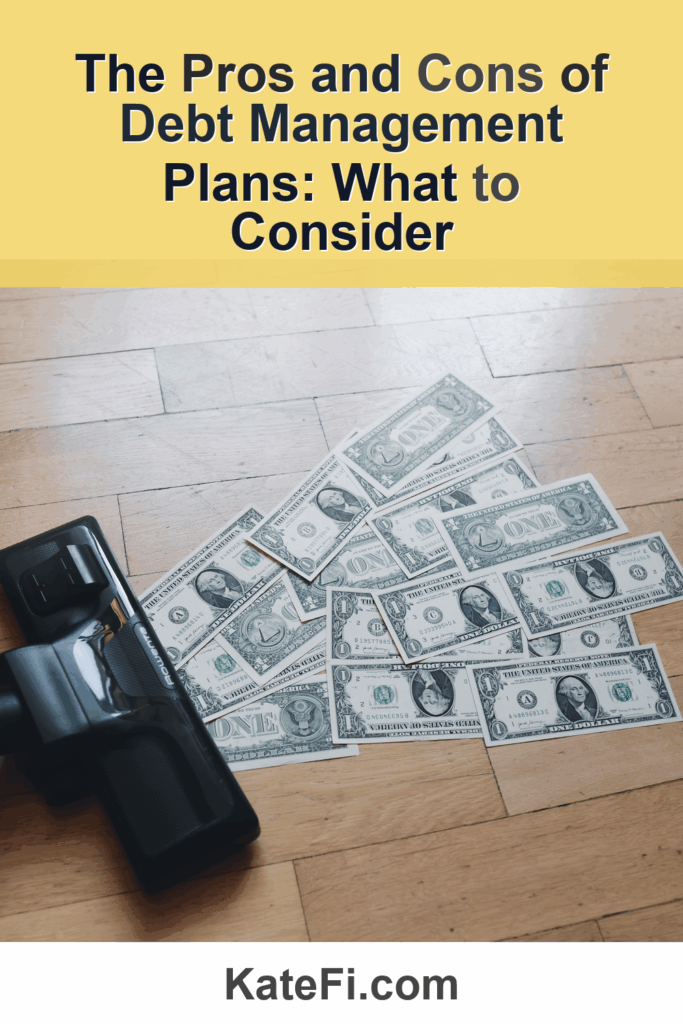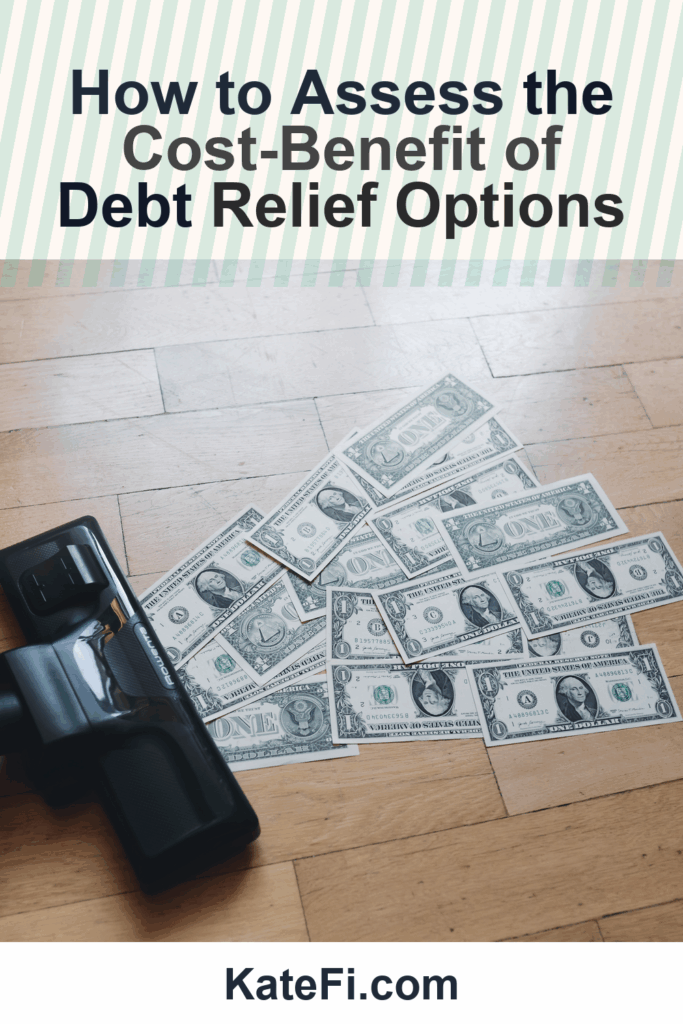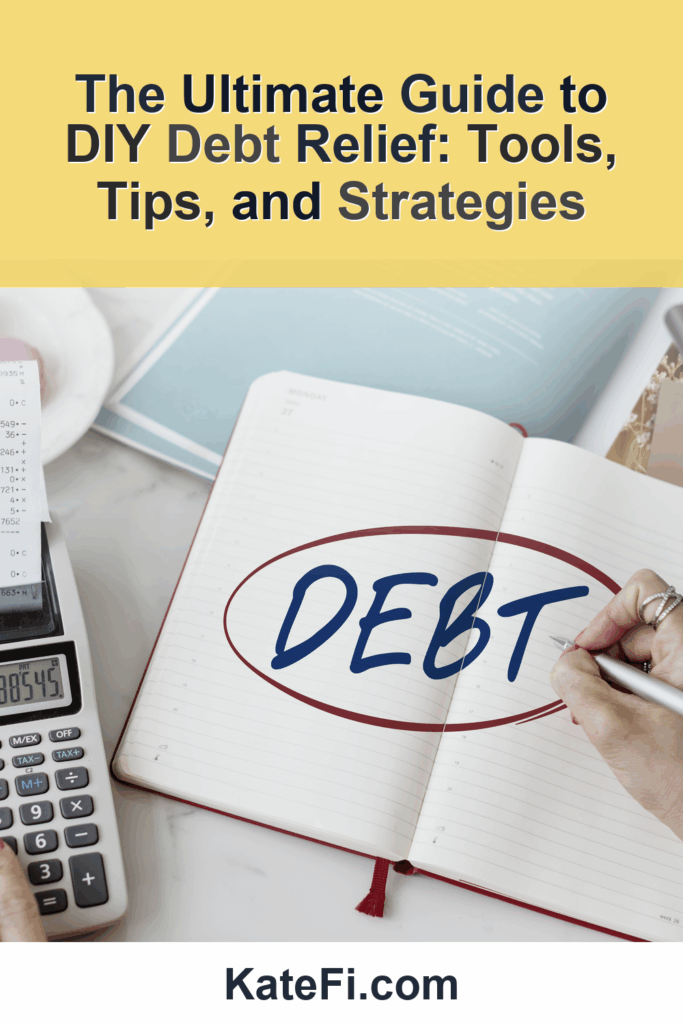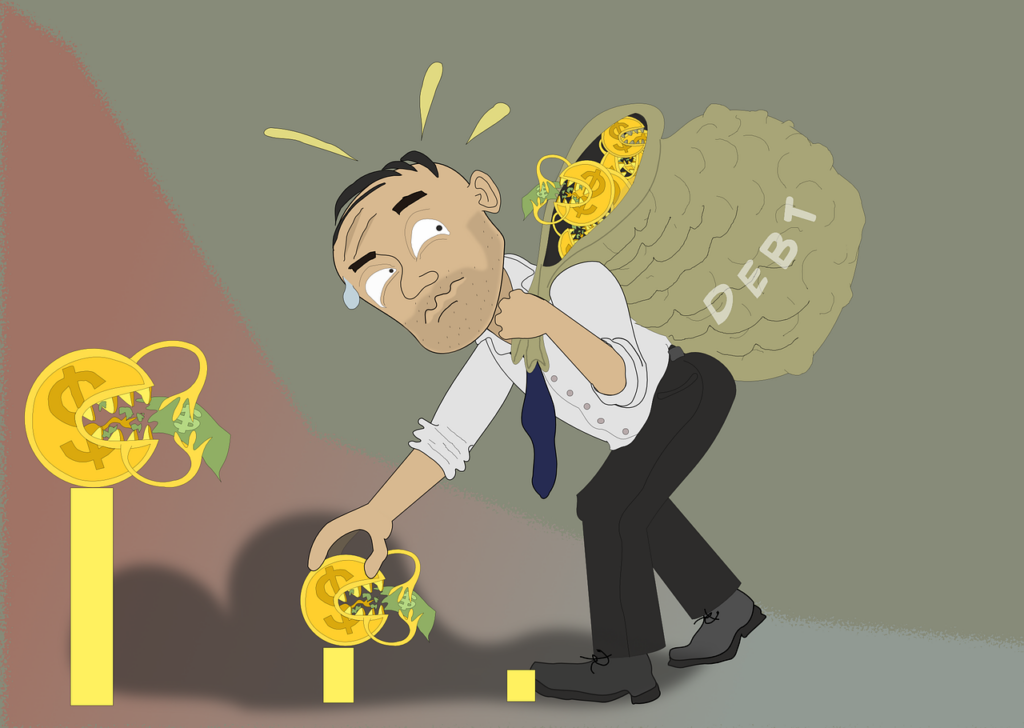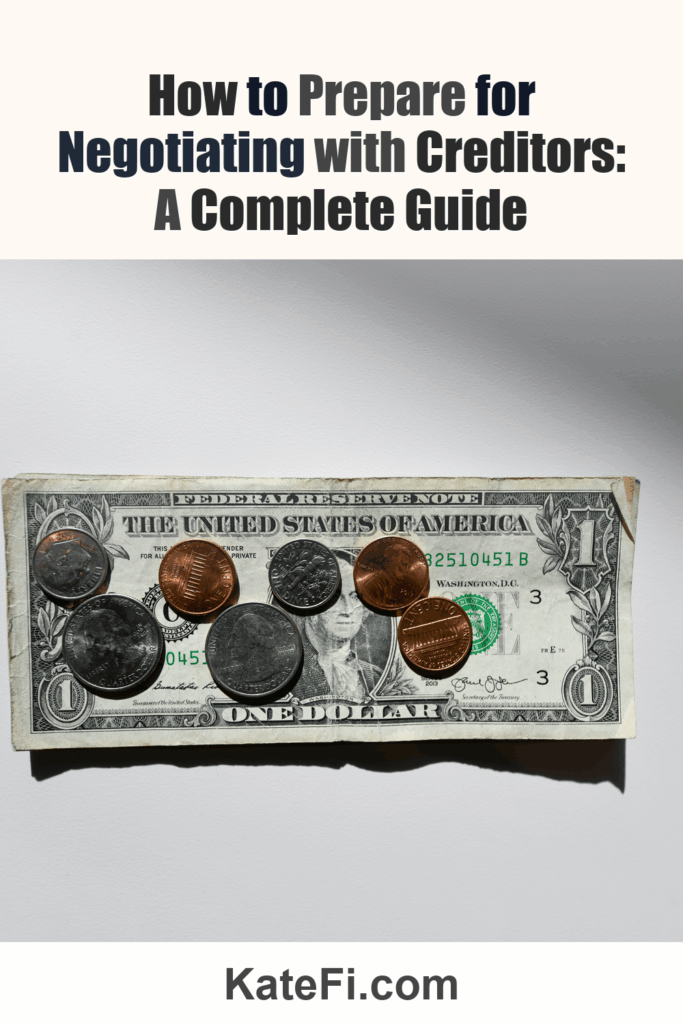Lower Your Unsecured Debt
If you have $5,000+ in credit card or personal loan debt, a free consult can review options like settlement or hardship plans.
Love our content? Show your support by following us — pretty please!🥺
FOLLOW ON PINTEREST
Hi! I’m Kate, the face behind KateFi.com—a blog all about making life easier and more affordable.
- One-on-one call to review your debts and goals
- See potential monthly payment reductions
- No obligation to enroll
Not available in IL, KS, OR, TN, UT, WV.
How to Leverage a Debt Management Plan to Improve Your Finances
Debt can often feel like a heavy burden, but understanding how to manage it effectively can pave the way toward a more stable financial future. One powerful tool for managing debt is a Debt Management Plan (DMP). This comprehensive guide will explore how to use a DMP to improve your financial situation by comparing different debt payoff strategies, including the Debt Snowball and Debt Avalanche methods.
Understanding Debt Management Plans (DMPs)
A Debt Management Plan is an agreement between you and your creditors, facilitated by a credit counseling agency, to help you pay off your unsecured debts. This structured repayment plan often comes with benefits like reduced interest rates and waived fees, making it an attractive option for those struggling to manage multiple debts.
The Pros and Cons of a Debt Management Plan
Before diving into the nuances of debt payoff methods, it’s essential to understand the benefits and drawbacks of a DMP:
#### Pros:
- Consolidation of Payments: You make a single monthly payment to the counseling agency, which then pays your creditors.
- Lower Interest Rates: Many creditors will agree to lower your interest rates, meaning you can save money over the life of your loan.
- Avoidance of Collections: Enrolling in a DMP can prevent creditors from pursuing collections or legal action against you.
- Structured Guidance: Credit counseling agencies can provide financial education and strategies for budgeting.
#### Cons:
- Impact on Credit Score: Although a DMP is less damaging than bankruptcy, it can still impact your credit score.
- Commitment: DMPs usually require a commitment of three to five years, which may feel daunting.
- Fees: While the initial consultation may be free, there may be setup and monthly fees associated with managing your DMP.
- Limited to Unsecured Debts: A DMP cannot include secured debts, such as mortgages or car loans.
Debt Snowball vs. Debt Avalanche: What’s Best for You?
Two popular methods for paying off debt are the Debt Snowball and Debt Avalanche approaches. Each has its pros and cons, and understanding them can help you choose the right path.
#### Debt Snowball Method
This method focuses on paying off your smallest debts first. The psychology behind this strategy is simple: gaining momentum from quick wins can motivate you to keep going.
- Process: List your debts from smallest to largest. Pay the minimum on all debts except the smallest. Put any extra money towards that smallest debt until it’s paid off, then move to the next.
- Timeline: Depending on your total debt load, you might clear your smallest debts in as little as a few months. The total duration for complete debt freedom could range from one to five years, depending on your individual circumstances.
#### Debt Avalanche Method
The Debt Avalanche strategy, on the other hand, prioritizes paying off debts with the highest interest rates first, which can save you money in the long run.
- Process: List your debts from the highest to lowest interest rates. Pay the minimum on all debts except the one with the highest interest rate. Focus on that until it’s paid off, then proceed to the next.
- Timeline: This method can take longer if you have a mix of small and high-interest debts, but it typically results in less money spent over time.
Comparing the Two Approaches
| Aspect | Debt Snowball | Debt Avalanche |
|---|---|---|
| Psychological Benefit | Quick wins motivate continued effort | Long-term savings appeal |
| Total Interest Paid | Potentially higher due to small debts being prioritized | Typically lower as you tackle high-interest debts first |
| Speed of Debt Freedom | May clear smaller debts faster | May take longer if you have a high number of small debts |
| Emotional Satisfaction | Higher initial satisfaction from clearing debts | Satisfaction in savings but may feel slower |
Getting Started with a DMP: Practical Checklist
To successfully enroll in a DMP and leverage it for financial improvement, follow this checklist:
- Assess Your Debt: Write down all your debts, including amounts owed and interest rates.
- Gather Necessary Documents: Compile financial documents including pay stubs, bank statements, and a list of monthly expenses. This helps speed up the review process for any financial assistance you seek.
- Research Credit Counseling Agencies: Look for agencies that are accredited and have good reviews.
- Contact a Counseling Agency: Reach out to discuss your financial situation and potential enrollment in a DMP.
- Develop a Budget: Establish a monthly budget that includes your DMP payment, ensuring you can meet all obligations.
- Stay Committed: Stick to your payment plan and avoid accumulating new debts.
✅ See If You Qualify for Debt Relief
Credit Impact Discussion
It’s important to note that while a DMP can help you get back on track financially, it can also impact your credit score. During your enrollment period, you may see your score dip slightly due to the temporary changes in your credit utilization ratio and the status of your accounts. However, many people find that the benefits of improved payment habits and debt reduction ultimately outweigh the short-term impacts.
#### Documents to Gather for Faster Review
To ensure your initial consultation goes smoothly and quickly, gather the following documents:
- Recent pay stubs or income statements
- Bank statements for the past three months
- A detailed list of your debts (credit cards, medical bills, etc.)
- Monthly expense statements (rent, utilities, groceries)
- Tax returns for the previous year (if applicable)
Making the Most of Your DMP
Once you’re in a DMP, keep communication open with your credit counselor. Discuss any changes in your financial situation and ask for advice when needed. This relationship can be incredibly beneficial as you work to improve your finances.
✅ See If You Qualify for Debt Relief
Conclusion
Managing debt can be overwhelming, but a Debt Management Plan can be a vital step toward regaining financial control. Whether you choose the Debt Snowball or Debt Avalanche method, what matters most is your commitment to pay off your debts and improve your financial health.
Don’t hesitate to explore your options, and consider scheduling a free consultation to discuss a Debt Management Plan tailored to your needs. Remember, the path to financial freedom begins with taking action today.
Important: This content is for education only—not legal, tax, or financial advice. Results and eligible programs vary by situation and state. Fees apply if you enroll and complete a program. Debt relief can affect credit; missed payments may lead to collections/lawsuits. Not available in IL, KS, OR, TN, UT, WV.
✅ See If You Qualify for Debt Relief
By following the guidance outlined here and utilizing a DMP effectively, you can turn your financial situation around and work toward a debt-free future. The journey may take time, but with persistence and the right resources, financial freedom is within your reach.
Understand pros/cons of settlement vs consolidation vs DMP for your exact mix of debts.
Not available in IL, KS, OR, TN, UT, WV.
👉 Start Your Free Debt Relief Review
Not available in IL, KS, OR, TN, UT, WV.





